Craft Capsule: Beware the Indeterminate “It”
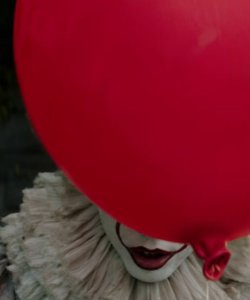
Poets and writers share their notes on writing in this series of micro craft essays. In the latest installment: revision that will force your verbs into action and clarify your intent.
Jump to navigation Skip to content

Poets and writers share their notes on writing in this series of micro craft essays. In the latest installment: revision that will force your verbs into action and clarify your intent.
The winners of the 101st annual Pulitzer Prizes were announced today at Columbia University in New York City. Of the twenty-one categories, the prizes in letters are awarded annually for works of literature published in the previous year. Each winner receives $10,000.
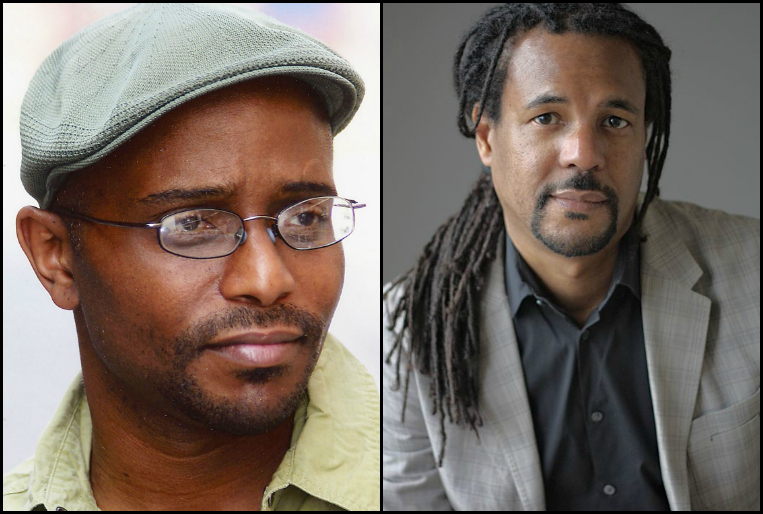
Tyehimba Jess won the prize in poetry for his collection Olio (Wave Books). The finalists were the late Adrienne Rich for Collected Poems: 1950-2012 (W.W. Norton) and Campbell McGrath for XX (Ecco).
Colson Whitehead won the prize in fiction for his novel The Underground Railroad (Doubleday). The finalists were Adam Haslett’s Imagine Me Gone (Little, Brown) and C. E. Morgan’s The Sport of Kings (Farrar, Straus and Giroux).
Hisham Matar won the prize in autobiography for The Return: Fathers, Sons and the Land in Between (Random House). The finalists were Susan Faludi’s In the Darkroom (Metropolitan Books) and the late Paul Kalanithi’s When Breath Becomes Air (Random House).
Visit the Pulitzer Prize website for a complete list of winners and finalists in each of the twenty-one categories, including general nonfiction, journalism, and drama.
Hungarian-American newspaper publisher and journalist Joseph Pulitzer established the Pulitzer Prizes in 1911, and the first prize was administered in 1917. The 2016 winners included poet Peter Balakian and fiction writer Viet Thanh Nguyen.
Listen to Tyehimba Jess read an excerpt from Olio, and hear an interview with Colson Whitehead about The Underground Railroad in Ampersand: The Poets & Writers Podcast.
(Photo, from left: Tyehimba Jess, Colson Whitehead)
Carolyn Hembree’s debut poetry collection, Skinny, was published by Kore Press in 2012. In 2016, Trio House Books published her second collection, Rigging a Chevy Into a Time Machine and Other Ways to Escape a Plague, winner of the 2015 Trio Award and the 2015 Rochelle Ratner Memorial Award. Her work has appeared in Colorado Review, jubilat, Poetry Daily, and elsewhere. She has received grants and fellowships from PEN, the Louisiana Division of the Arts, and the Southern Arts Federation. An assistant professor at the University of New Orleans, Hembree teaches writing and is the poetry editor of Bayou Magazine.
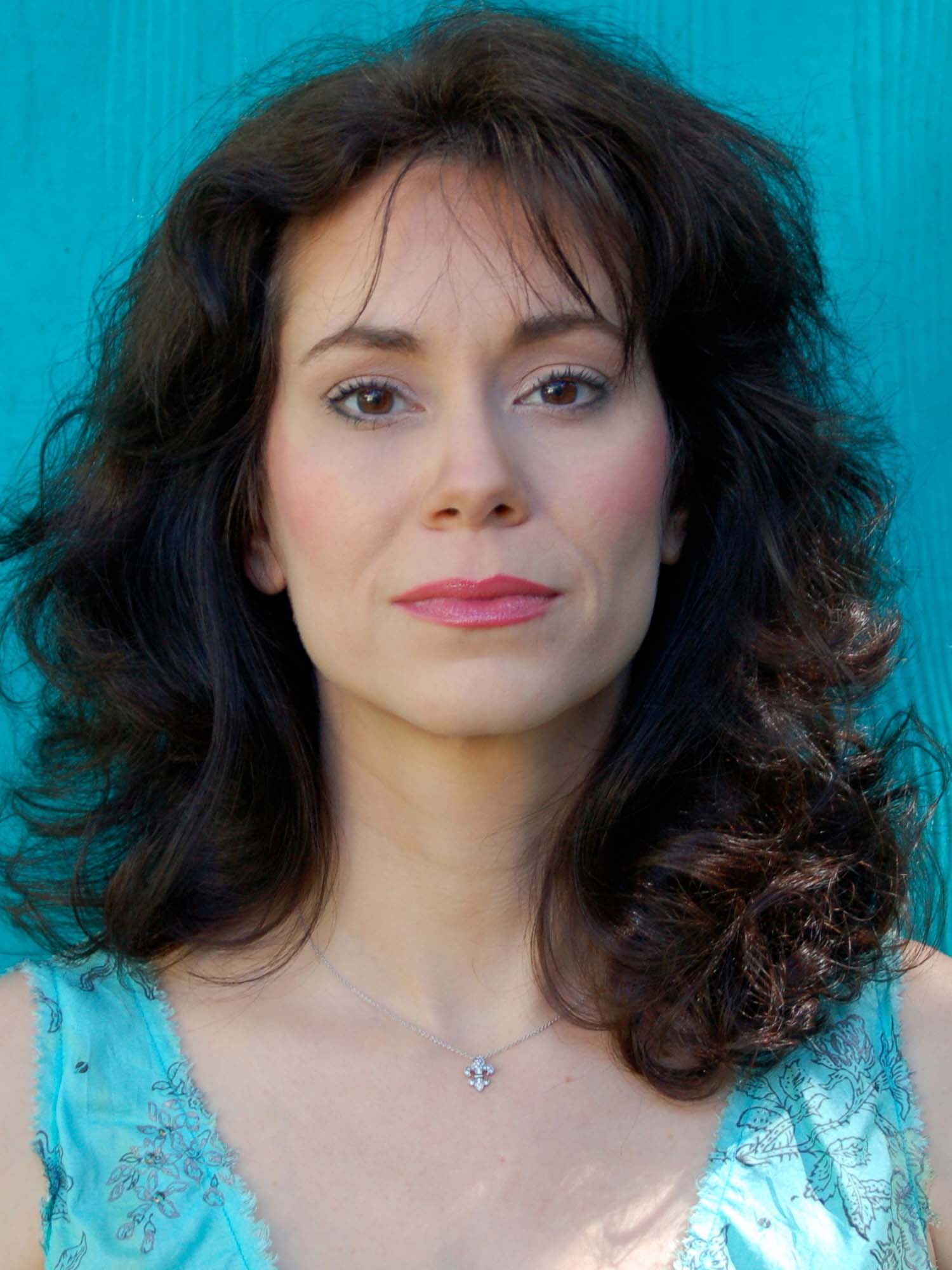 The University of New Orleans (UNO) English Department and the Creative Writing Workshop, our MFA program, hosts readings and lectures by local and national poets. In recent years, Marilyn Chin, Shara McCallum, Laura Mullen, Marjorie Perloff, Metta Sáma, and Richard Siken have presented their work at UNO. Our poetry readings are held in the Liberal Arts building, Room 197, aka “the Lounge.” Complete with a kitchenette, restrooms, a brick courtyard, filled bookshelves, conference tables, couches, comfy chairs, restrooms, and seven entrances, this communal space serves as a casual dining area, a workshop classroom, and the site of the annual MFA prom. Reflective of the culture of our program and the city, a motto that suits our events might be: Come as you are. Bring what you can. Students and faculty arrange the furniture and contribute homemade food and refreshments.
The University of New Orleans (UNO) English Department and the Creative Writing Workshop, our MFA program, hosts readings and lectures by local and national poets. In recent years, Marilyn Chin, Shara McCallum, Laura Mullen, Marjorie Perloff, Metta Sáma, and Richard Siken have presented their work at UNO. Our poetry readings are held in the Liberal Arts building, Room 197, aka “the Lounge.” Complete with a kitchenette, restrooms, a brick courtyard, filled bookshelves, conference tables, couches, comfy chairs, restrooms, and seven entrances, this communal space serves as a casual dining area, a workshop classroom, and the site of the annual MFA prom. Reflective of the culture of our program and the city, a motto that suits our events might be: Come as you are. Bring what you can. Students and faculty arrange the furniture and contribute homemade food and refreshments.
Last fall, on the evening of October 26, “the Lounge” was packed with forty to fifty attendees. Current Creative Writing Workshop candidate Elle Magnuson introduced New Orleans poet Kelly Harris. One of our city’s most exciting talents, Kelly Harris opened with her cri de coeur, an elegy comprised of the names and lines of “lost black poets”—names and lines Harris variously scatted and sang. She read from loose pages spread across a table—as she later demonstrated during the Q&A—she scored the poem to indicate her vocal inflection. Kelly spent two years studying music to improve upon her poetry and performance skills. Social consciousness characterized the work she shared, particularly poems from Shame on Her, a manuscript on body politics and African American women. Embracing the public role of the poet, Kelly Harris told the audience, “I want to have an audience that’s janitors, poets, everybody—and that comes at a cost.”
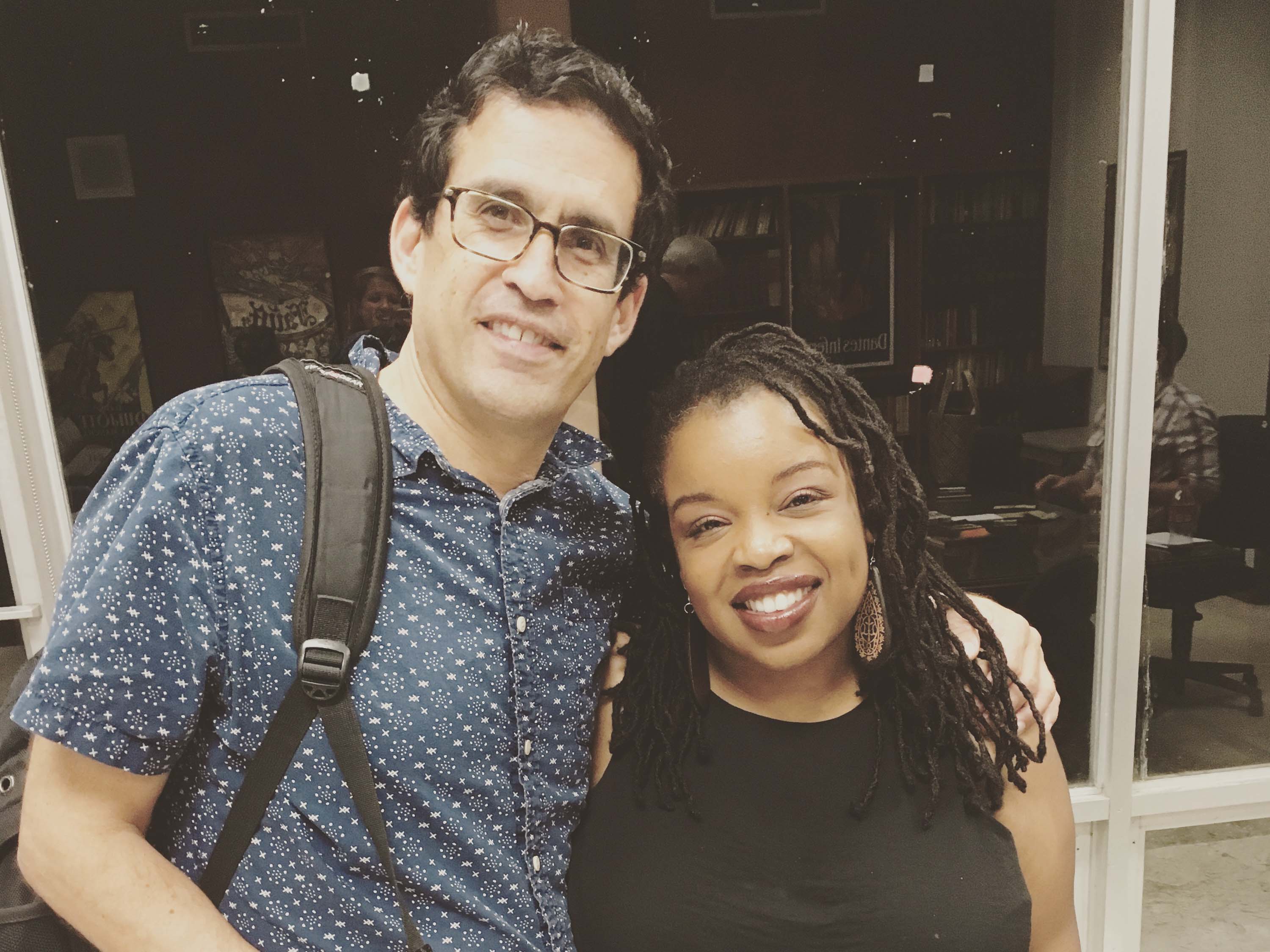 Creative Writing Workshop alumnus Spencer Silverthorne then introduced Rodrigo Toscano. A polyphonic poet with an experimental bent, the longtime Brooklyn resident and recent New Orleans transplant gave a memorable performance from his fifth poetry collection, Explosion Rocks Springfield (Fence Books, 2016). Like Harris, Toscano read from a stack of loose pages. A line from a newspaper article, “The Friday evening gas explosion in Springfield leveled a strip club next to a day care,” serves as the title of each of the book’s eighty poems—a title he delivered with varied nuance each time.
Creative Writing Workshop alumnus Spencer Silverthorne then introduced Rodrigo Toscano. A polyphonic poet with an experimental bent, the longtime Brooklyn resident and recent New Orleans transplant gave a memorable performance from his fifth poetry collection, Explosion Rocks Springfield (Fence Books, 2016). Like Harris, Toscano read from a stack of loose pages. A line from a newspaper article, “The Friday evening gas explosion in Springfield leveled a strip club next to a day care,” serves as the title of each of the book’s eighty poems—a title he delivered with varied nuance each time.
As interrogations of language, Toscano’s text and performance compelled us to consider the impact of words written and spoken, private and public. His fine performance emphasized the contrast of appropriated language from industrial reports and newspapers, and with interjections, onomatopoeia, demotic idioms, interjections, and lyric imagery he engaged listeners. He interacted with the audience frequently, even directing us to repeat the refrain of one poem. However, the most effective moments of his performance may have been the counterpoints to the multiple registers of diction as he ruminated about the language, “What is care exactly?”
Thanks to Poets & Writers’ consistent support and publicity, event attendance by the university and larger community has doubled. Come as you are. Bring what you can. Care.
Support for Readings & Workshops in New Orleans is provided by an endowment established with generous contributions from the Poets & Writers Board of Directors and others. Additional support comes from the Friends of Poets & Writers.
Photos: (top) Carolyn Hembree (Credit: Lynda Woolard). (bottom) Rodrigo Toscano and Kelly Harris (Credit: Mimi Miller).Rebecca Solnit and the impact of feminist storytelling; Edgar Allen Poe’s foray into natural philosophy; the challenges of writing a Trump biography for children; and other news.
“The sun descending in the west, / The evening star does shine; / The birds are silent in their nest, / And I must seek for mine.” This Gucci fashion show, in which models walked to a reading of William Blake’s Songs of Innocence and Experience by musician Florence Welch, was examined in a recent essay on poetry and fashion by Mia You for the Poetry Foundation’s Harriet blog.
Colum McCann’s writing advice; Patricia Lockwood on her new memoir, Priestdaddy; the changing definition of historical fiction; and other news.
Vievee Francis reads her poems “Parched” and “Paradise” for Voluble, a Los Angeles Review of Books channel. Francis received the 2017 Kingsley Tufts Award for her poetry collection Forest Primeval (Northwestern University Press, 2015).
Baileys Women’s Prize for Fiction shortlist announced; the intersections of poetry and fashion; the cultural range and wit of the late Umberto Eco; and other news.
“For the first time, I agreed last year to cotranslate a book from a language I don’t speak at all…. It was an opportunity for new kinds of thinking but also new kinds of failure,” writes poet, novelist, and translator Idra Novey in her essay “Writing While Translating.” Many contemporary writers have expanded the art of translation by experimenting with form and content: Mary Jo Bang filled her translation of Dante’s Inferno (Graywolf Press, 2012) with pop culture references; David Cameron used spell-check and word-association methods for Flowers of Bad (Unbelievable Alligator/Ugly Duckling Presse, 2007), his “false translation” of Baudelaire’s Les Fleurs du Mal; and Paul Legault’s The Emily Dickinson Reader (McSweeney’s Books, 2012) is a translation of Emily Dickinson’s poetry into one-line renderings, from English into a different version of English. Try your hand at translating a short series of poems from one language to another. Use your knowledge of another language, slang, dictionaries, or any unlikely source to explore the elasticity of language while considering how new kinds of failure might inspire a refreshing direction for your writing.
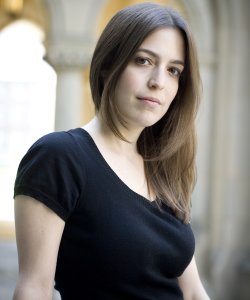
Poets and writers share their notes on writing in this series of micro craft essays. In the latest installment: developing a metaphorical model for your genre.